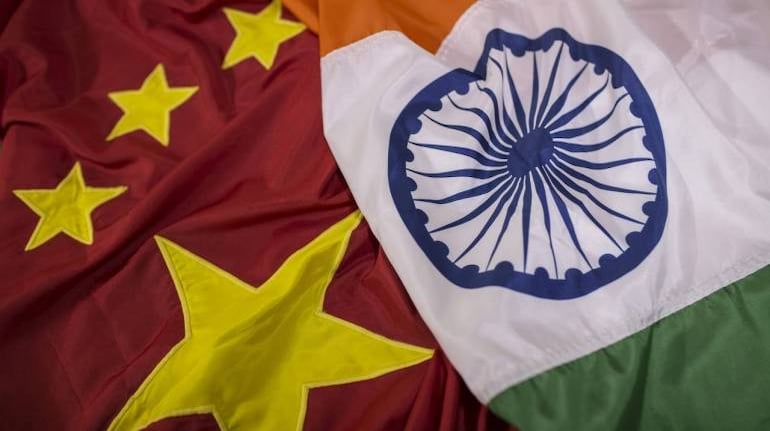



With its GDP per capita at only $2,500, India is at the cusp of a long wave boom, foreign broking firm Morgan Stanley said on August 3, adding China, which is at $12,700, could be staring at the end of its boom period.
Per capita gross domestic product (GDP) is an economic metric that breaks down a country's economic output per person. Many fund managers and market experts believe India's low GDP per capita gives the economy a huge runway for growth, which will see it outperform other emerging markets.
The household debt-to-GDP ratio, an indicator of an economy's health, in India is just 19 percent compared to 48 percent in China. "Manufacturing and services PMIs have rallied consistently since the end of Covid restrictions in contrast to the rapid fade seen in China," Morgan Stanley said in a report on August 3.
Follow our live blog for all the market action
The foreign broking firm's equity strategist Jonathan Garner and his team visited India in June after which they have upgraded their rating on India to “overweight” and downgraded China to “underweight”.
This upgrade comes four months after Morgan Stanley elevated India from “underweight” to “equal weight” on March 31.
From March lows, the benchmark Nifty 50 has rallied over 15 percent and is trading near 19,500.
'India has edge in a multi-polar world'
India is quickly becoming an authoritative voice in the global geopolitical scene. This gives the country a significant advantage to leverage multipolar world dynamics, it said.
It is a member of the Quad political framework with the US, Australia and Japan.
"It is benefitting from a surge in inward FDI, including from US, Taiwan and Japan firms looking to its own large domestic market as well as a much-improved export infrastructure situation vis-à-vis more-efficient ports, road and electricity supply," Morgan Stanley said in the report.
On the other hand, China faces the new challenge of coping with multipolar world pressures, particularly from the US.
US President Joe Biden is planning to sign an executive order to limit critical US technology investments in China by mid-August. The order focuses on semiconductors, artificial intelligence and quantum computing, Bloomberg has reported. Against this backdrop, private equity firms are expanding in India (and ASEAN), as they struggle with exits in China.
"Macro indicators in India remain resilient and the economy is on track to achieve 6.2 percent GDP forecast. 12-month forward EPS (earnings per share) is trending higher in a structural manner, supported by a favorable demographics trend, improvement in labor productivity and a multipolar world dynamic," Garner and his team wrote.
Despite the positive outlook, unexpected inflation surges and changes in monetary policies could be some downside risks. The potential disruptive impact of artificial intelligence on India's services exports and the labour force is also something to track closely.
Discover the latest Business News, Sensex, and Nifty updates. Obtain Personal Finance insights, tax queries, and expert opinions on Moneycontrol or download the Moneycontrol App to stay updated!
Find the best of Al News in one place, specially curated for you every weekend.
Stay on top of the latest tech trends and biggest startup news.